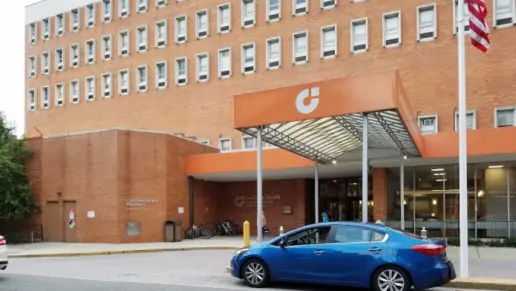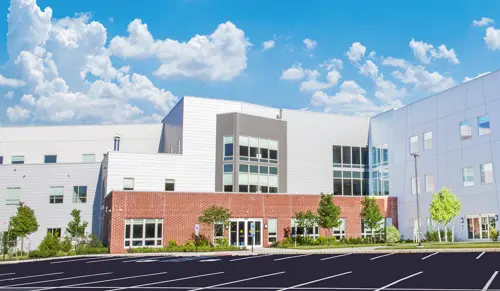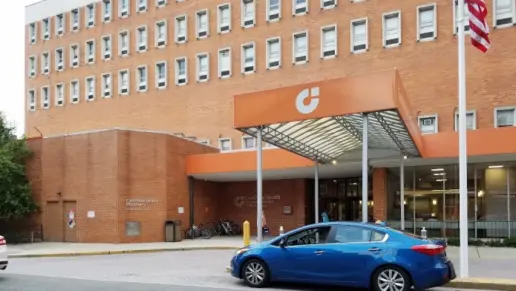About The Bridge – Center for Wellbeing
The Bridge is a nonprofit behavioral healthcare provider with locations across New Jersey. Their West Caldwell clinic treats children, teens, adults and seniors. They also offer stigma-free counseling for mental health and family challenges.
Their substance abuse programs available are intensive outpatient, general outpatient and a special program for women with children. In each program, you’ll have weekly therapy sessions with a licensed counselor. There are also weekly group sessions to explore the educational and psychological aspects of recovery.
Stepping Stones is the program for mothers. It is a form of intensive outpatient care. It provides weekly one-on-one counseling, group therapy, case management and random drug screening. The goal is to help mothers take charge of their lives and succeed. In addition to substance use treatment, this program also covers parenting skills, healthy relationships, and nutrition. Childcare is available while you’re in sessions. Funding for this program is provided by the New Jersey Department of Children & Families.
The Bridge accepts most insurance plans including Medicaid and Medicare. If you’re uninsured, they also offer funding to help cover the cost of these services.
Rehab Score
Gallery
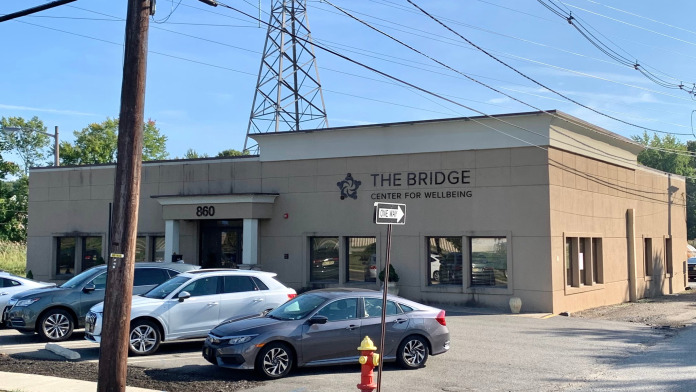
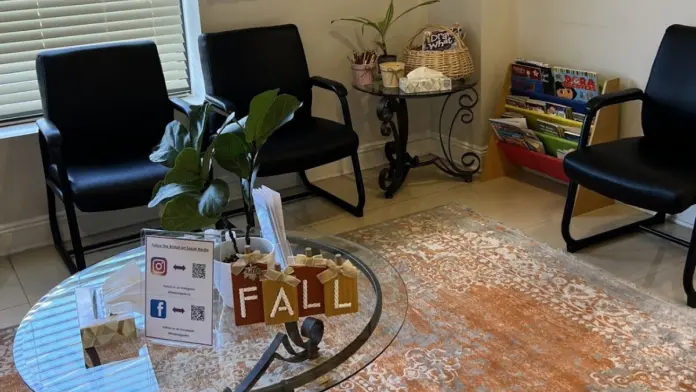
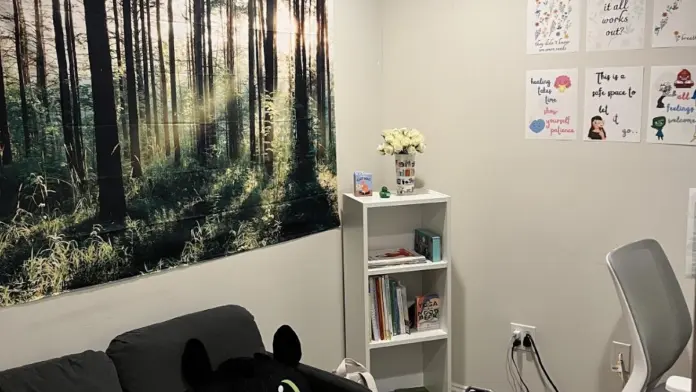
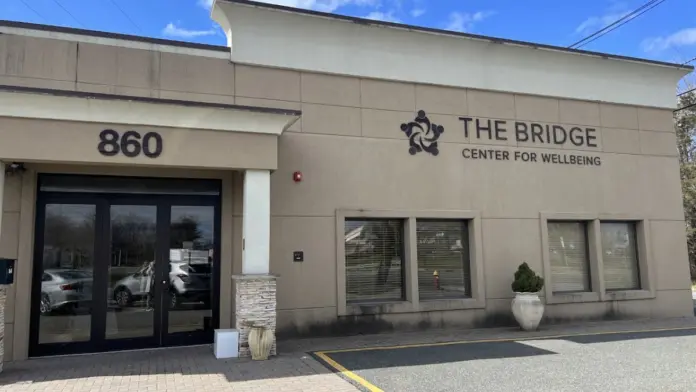
Location
Accepted Insurance

Other Forms of Payment
Private insurance refers to any kind of healthcare coverage that isn't from the state or federal government. This includes individual and family plans offered by an employer or purchased from the Insurance Marketplace. Every plan will have different requirements and out of pocket costs so be sure to get the full details before you start treatment.
Self-pay involves paying for treatment out of your own pocket. You can use savings or credit, get a personal loan, or receive help from family and friends to fund your treatment. If you don't have insurance or your insurance plan doesn't cover a specific program, self-pay can help ensure you still get the care you need.
Financial aid can take many forms. Centers may have grants or scholarships available to clients who meet eligibility requirements. Programs that receive SAMHSA grants may have financial aid available for those who need treatment as well. Grants and scholarships can help you pai for treatment without having to repay.
Sliding scale payments are based on a client's income and family size. The goal is to make treatment affordable to everyone. By taking these factors into account, addiction recovery care providers help ensure that your treatment does not become a financial burden to you or your family, eliminating one barrier to care.
Medicaid is a state based program that helps lower-income individuals and families pay for healthcare. Medicaid covers addiction treatment so those enrolled can use their coverage to pay for rehab. When a program accepts Medicaid the client often pays very little or nothing out of their own pocket.
Addiction Treatments
Levels of Care
Treatments
The goal of treatment for alcoholism is abstinence. Those with poor social support, poor motivation, or psychiatric disorders tend to relapse within a few years of treatment. For these people, success is measured by longer periods of abstinence, reduced use of alcohol, better health, and improved social functioning. Recovery and Maintenance are usually based on 12 step programs and AA meetings.
Drug rehab in New Jersey is the process of addressing the complex issues involved with addiction. Challenges are identified and addressed through individual and group counseling. Participants learn how to manage these issues without the use of substances.
A combined mental health and substance abuse rehab has the staff and resources available to handle individuals with both mental health and substance abuse issues. It can be challenging to determine where a specific symptom stems from (a mental health issue or an issue related to substance abuse), so mental health and substance abuse professionals are helpful in detangling symptoms and keeping treatment on track.
Opioid rehabs specialize in supporting those recovering from opioid addiction. They treat those suffering from addiction to illegal opioids like heroin, as well as prescription drugs like oxycodone. These centers typically combine both physical as well as mental and emotional support to help stop addiction. Physical support often includes medical detox and subsequent medical support (including medication), and mental support includes in-depth therapy to address the underlying causes of addiction.
Programs


Clinical Services
Group therapy is any therapeutic work that happens in a group (not one-on-one). There are a number of different group therapy modalities, including support groups, experiential therapy, psycho-education, and more. Group therapy involves treatment as well as processing interaction between group members.
Motivational interviewing helps clients find their motivation to change. It can be an effective method to work with clients who are angry or hostile or feel insecure about their ability to make changes in their lives. It is often used during addiction treatment or to manage physical health conditions.
Trauma therapy provides a structure to approach healing from past traumatic events that you may have witnessed or experienced. Your therapist will work with you to identify and process these memories. This helps promote a sense of safety and stability and helps you heal emotionally.
Amenities
-
Residential Setting
-
Private Setting
-
Yoga Studio
Staff & Accreditations
Staff

CEO

Clinical Director of Mental Health Outpatient Services

Clinical Director of Substance Use Disorder Outpatient Services

Director of Family Preservation Services

Director of The Imani Center & School-Based Services

Manager of Human Resources

Office Manager of West Caldwell

Office Manager of Irvington Outpatient Services
Accreditations

State Licenses are permits issued by government agencies that allow rehab organizations to conduct business legally within a certain geographical area. Typically, the kind of program a rehab facility offers, along with its physical location, determines which licenses are required to operate legally.
State License: New Jersey
Contact Information
860 Bloomfield Avenue
West Caldwell, NJ 07006







